
The Necessary Revolution
How Individuals And Organizations Are Working Together to Create a Sustainable World
Published by Broadway Business, an imprint of the Crown Publishing Group, a division of Random House, Inc.
ISBN: 9780385519014
Pages: 432
Read offline
Recommendation
The Earth faces grave sustainability problems, including global warming. In this new book, experts Peter Senge, Bryan Smith, Nina Kruschwitz, Joe Laur and Sara Schley discuss how people, organizations and nations are coming together to bring about positive change. The authors demonstrate that sustainability issues are part of an interconnected global dilemma that affects everyone. They urge united action to solve major ecological problems before solutions become impossible. They even note that businesses can save and earn money through environmentally sound products and policies. getAbstract recommends this enlightened book’s informed focus on exactly how to improve the sustainability of life on the planet.
Summary
About the Authors
Peter Senge lectures at MIT. Bryan Smith is a faculty member at York University’s Sustainable Enterprise Academy. Nina Kruschwitz is manager of the Fifth Discipline Fieldbook Project. Senge, Joe Laur and Sara Schley co-founderd the SoL Sustainability Consortium, which fosters economic, ecological and social sustainability.








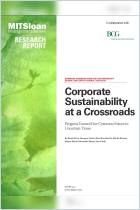
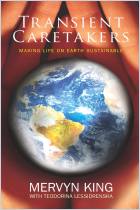
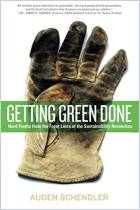

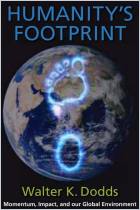
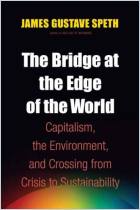
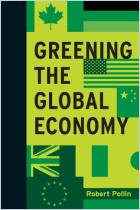









Comment on this summary or Start Discussion